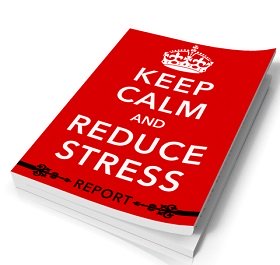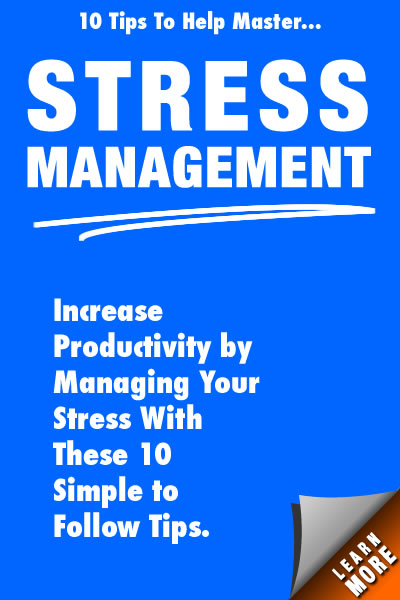Managing Emotional Triggers:
A Chance for Self Discovery
by Jill Mazza, MABC, CPC
Communications Coach

Emotional triggers provide us with opportunities to get to know ourselves better. Then, we can consciously decide who we want to be and how we want to show up to the world. Success in life and at work depends largely upon how well we choose to express ourselves.
On any given day, we are met with demanding, stressful situations that test our ability to manage our emotions and behavior. Are there events and people that would simply annoy most anyone by conventional standards? Of course there are. Everyone experiences minor irritants. However, we must be more mindful of long-lasting and deeply provoking triggers that seem to fuel discord in our lives.
Emotional triggers are events or people that consistently set off intense, emotional reactions within us. Proactively dealing with triggers is essential to our personal and professional development. If not managed appropriately, our emotional triggers can cause acute stress, discontent, and interpersonal conflict. Unmanaged triggers can also prevent us from having the types of relationships and career success we really want.
When triggered, we may experience a range of emotions including frustration, anger, resentment, insecurity, jealousy, and defensiveness. We may have emotional outbursts and be unable to express ourselves appropriately. As a result, we develop coping habits that can create interpersonal conflict. Or we act in a passive/aggressive manner. Or we stop communicating at all. Over time, these self-defeating habits become patterns that produce further emotional stress, drain our energy, and influence how we live and work.
The founder of analytical psychology Carl Jung wrote, “Everything that irritates us about others can lead us to an understanding of ourselves."
Triggers and Coaching
Emotional triggers (events or people) can serve as mirrors for our own conscious and unconscious intentions and provide us with opportunities to ‘see’ ourselves in new and challenging ways.
Working to understand and manage emotional triggers is a critical component of many personal and communication coaching programs. Identifying why the client is being triggered is the first step. The second step is working with the client to develop a trigger-management plan. The third step is the client actively self-managing when triggers come up and being accountable for their actions. Once clients ‘crack the code’ of their triggers, they see immediate and lasting improvements in their quality of life, work, and relationships.
Some common emotional triggers explored through coaching are:
- Exaggerated ego or arrogant behavior
- Aggressiveness (physical and verbal)
- Condescension
- Back stabbing, disloyalty or lying
- Unashamed incompetence
- Victim-syndrome or deliberate weakness
- Lack of communication and follow-through
- Avoidant or inconsistent behavior
What do emotional triggers represent?
When exploring emotional triggers, it is necessary to understand what a trigger represents. Consciously or not – triggers reflect a threat to our identity and affect our behavior. Initially, an event or person triggers us. However, it is what that event or person symbolizes that threatens our worldview and sense of security. When we take a closer look, we can see that a trigger has less to do with how we feel about someone else and more to do with our own values, judgments, and interpretations. Triggers reveal how we feel about ourselves and how we like to view ourselves in certain contexts or relationships. Often, our challenged or wounded ego is at play.
Being honest with ourselves about the core issues behind our triggers is essential. Through coaching, you can explore your triggers in a non-judgmental safe zone. You can learn how to consciously control emotions and constructively plan how to respond to triggers when they come up. During the coaching process, clients increase self-awareness and become more controlled, clear, and confident in their communication style. Each client’s coaching program and trigger-management plan is unique.
Triggers are tricky. The next time you are being triggered, remind yourself that we cannot change the past and can rarely change others. Yet, we have the power to control how we respond to people and events in the present moment. Try thinking of your triggers as intuitive messages alerting you to certain aspects of yourself that need to be explored. Ask yourself, “What are my emotional triggers trying to tell me?”
Learn How Ann Can Help With Your Emotional Triggers
How to Deal with Stress: Getting Along with Each Other
Trouble Getting Along with Others?
Join Calm Starts Here, and receive FREE How to Get a Good Night's Rest and Stop Worrying.
Book Store

This Is Not the Career I Ordered: Empowering Strategies from Women Who Recharged, Reignited, and Reinvented Their Careers

101 Great Ways to Enhance Your Career
Share this Page on SheToldMe.com
Become a FaceBook Fan






